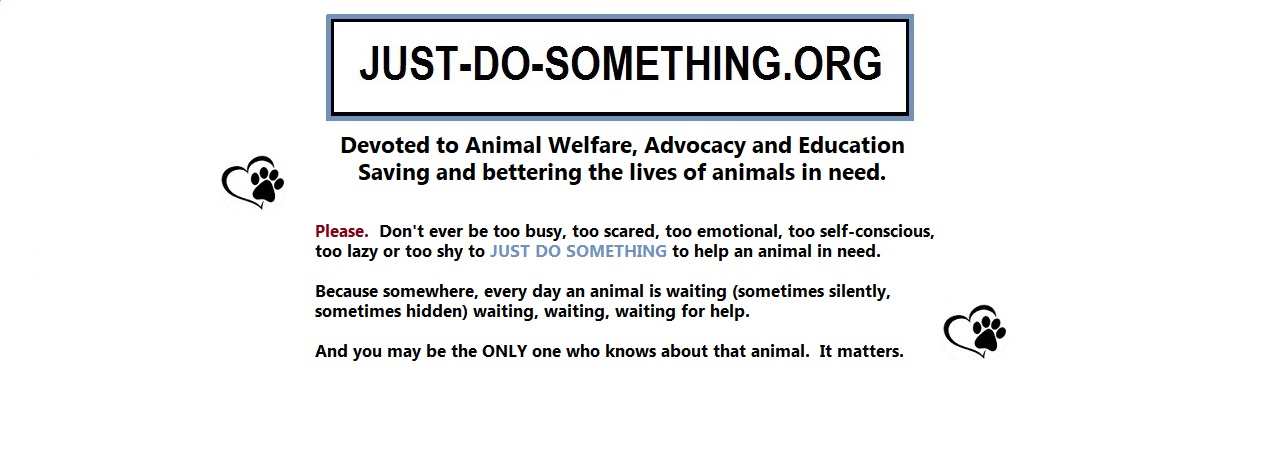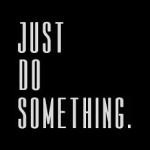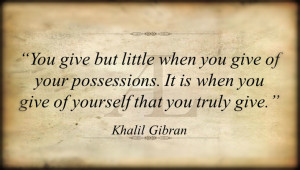TAKING STEPS IN OTTER CONSERVATION IN AFRICA
IUCN recently updated their Red List for otters and the shocking news is that out of the 13 species of otter worldwide, 12 are declining in number. In fact the only species which is classified as “Stable” is the North American river otter.
Very little work has been done on otters in Africa as the focus is always on high profile species such as elephant and lion. Of course we all want to conserve these important animals, but otters are simply overlooked and even some biologists in Tanzania have confessed that they didn’t even know they existed in Africa.
Back in 1998, the IUCN/SSC Otter Specialist Group recognised that otters in Africa should be a priority and in 2004, they emphasised that there was a great need to establish a network of people working on the species. However, until now nothing had been done. The International Otter Survival Fund (IOSF) therefore decided we should hold a training workshop, as we have done in Asia before, where there is a similar lack of otter workers. This workshop was the first Pan-African event of this kind.
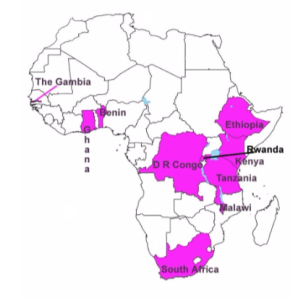
On July 20th – 25th 2015, 30 people from 10 sub-Saharan African countries met in Tanzania. They came from Benin, The Gambia, Ghana, Democratic Republic of Congo (DRC), Ethiopia, Kenya, Malawi, Rwanda, South Africa and Tanzania and had various backgrounds – people already working with otters through research or community work, park rangers, ecologists and those working in associated fields, such as wetland protection. The workshop was held at the College of Wildlife Management, Mweka, which is responsible for training most African park rangers and we hope they will now include otters in their curriculum to expand awareness.
There are three otter species in sub-Saharan Africa:
The spotted-necked otter is fairly widely distributed in sub-Saharan countries, from Senegal to Ethiopia and down to South Africa, but their detailed distribution is not fully understood:
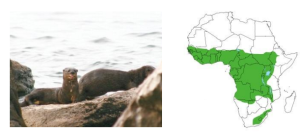
The African clawless otter has the widest distribution of all the African otters although it is mostly absent in the Congo basin:
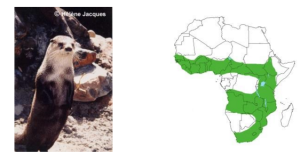
The Congo clawless otter has a very patchy distribution in the Congo Basin and little is known about its ecology and biology. Most of what we do know about their behaviour has been learnt through the care and rearing of orphaned cubs in DRC:
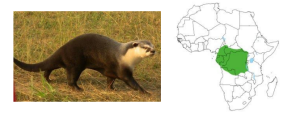
All three species are listed in the IUCN Red List and in 2015 they were upgraded to “Near Threatened” from “Least Concern”. However, this still creates a false impression that populations have recovered while there are strong reasons to suspect numbers continue to decline, largely due to increasing human population. In fact the actual reassessment process highlighted the lack of modern information and that a lot of the data is over 25 years old. Just think how things have changed in our world since then. So the aim of the workshop was to train more people in field techniques, public awareness programmes, law enforcement and general conservation issues.
There are many global issues affecting our wildlife today – habitat loss, pollution, climate change and all the problems associated with poverty. In addition, otters also face conflict with fishermen who see them as a problem because they take fish and damage nets – these are expensive losses to a poor family reliant on fishing as a livelihood.
In some areas otters are hunted for fur and traditional medicines. Some of these beliefs are a part of ancient tribal culture so it is difficult to change attitudes, but by working within the community it is possible to show that such practices are no longer acceptable.
However, the main problem is lack of awareness which leads to a lack of available funding for research, education and conservation. Some work has started in Ethiopia, Benin and Malawi and the African Otter Outreach Project is working on Rubundo Island National Park in Tanzania. A Facebook page has now been set up for people to post photographs of otters and their signs, linked to a confidential form for more detailed location information.
And new data is already being received. In 2005, possible spotted-necked otter spraint (droppings) was found at Lake Manyara, Tanzania, but their existence has now been confirmed by a sighting. They have also been seen at Lake Kivu in Rwanda, and otter signs have been found at Liparamba Game Reserve, Tanzania.
In the long term we need to collaborate with others working in areas such as wetlands to develop more awareness programmes using the best communication methods, such as posters, TV or radio, meetings, etc. We need to work with the community to identify alternative livelihoods to encourage people not to kill otters. In The Gambia fishermen have been encouraged to turn to oyster culture which does not bring them into competition with otters. But a real problem area will be the traditional use of otters and working with community leaders will be key to this.
But the highlight of the workshop had to be meeting Rita Chapman, Delphin, and Sico from DRC. Back in 2010 IOSF received an email about a one-week old Congo clawless cub which had been found after its mother was killed by a hunter. The cub was taken to Rita, a missionary, as she was known to care for various wild orphans – some of you will already have seen her photo in a previous Guest Blog. To be honest, when she arrived no-one expected this tiny animal to survive but Mazu (Swahili for “noisy”) grew into a strong healthy adult and returned to the wild. Throughout Mazu’s care, Rita was assisted by two local Congolese men, Delphin and Sico, and in fact they were sole carers in her last months before she returned to the wild, as Rita and her husband, Glen, were in USA for a sabbatical year.
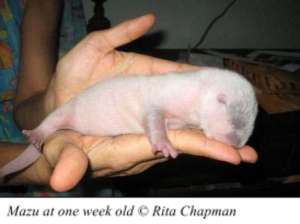
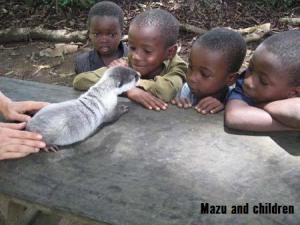
In 2012, another cub, Kamiya, arrived and the Kikongo Otter Sanctuary was formed. Rita and Glen were still away so Delphin and Sico took in this new otter and began the process of rearing her ready for release – she too returned to the wild.
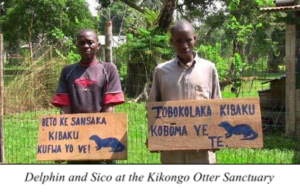
There was so much interest in these animals from the local people that they rapidly became “celebrities” and indeed ambassadors for all otters. Even government ministers visited!
Since then, the Kikongo Otter Sanctuary has continued working with the community and Delphin told us how he had been a hunter from the age of about 17 but following his experience with the otters he no longer hunts. When asked by his friends why he told them “I am seeing that our animals are starting to disappear and you should also stop killing animals because in a few years we will have nothing left.” He is now beginning to see a change in his friends too. Sico used to be a fisherman and has found an otter caught in a fish trap. Now he has fish ponds and plants fruit trees. These two men are not scientists but they are totally devoted to conservation not just of otters but all wildlife. They are a true inspiration in the way they work with their own community to help them to understand the impact they are having on their own area and its wildlife.
And just two short weeks after their return to Kikongo another cub arrived. Delphin and Sico decided to name the new cub “Mweka”, after the college, as they felt that they had learned so much at the workshop – isn’t that wonderful.
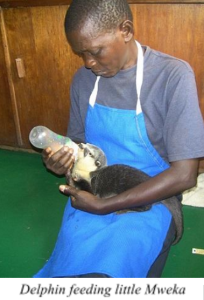
The experience of these two local men really inspired everyone at the workshop. Neither of them are trained scientists or conservationists but through caring for these individual animals they have had a profound effect on their local community and throughout DRC. They helped people to realise that all you need to achieve something is to care – and to act. And this is what this Guest Blog site is about. It is about people who care to JUST DO SOMETHING.
Thanks to all the attendees:
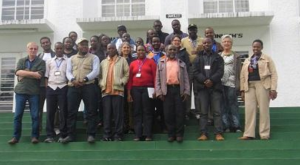
The workshop was funded by: Anderson-Rogers Foundation, Animal Defence Trust, Columbus Zoo, The Rufford Maurice Laing Foundation, Sacramento Zoo, and private donors.
For more information on International Otter Survival Fund (IOSF), please go to www.otter.org or contact me at Grace@otter.org.
Find IOSF on Facebook! Find IOSF on Twitter!
– Grace Yoxon
PHOTOS
All copyright IOSF

